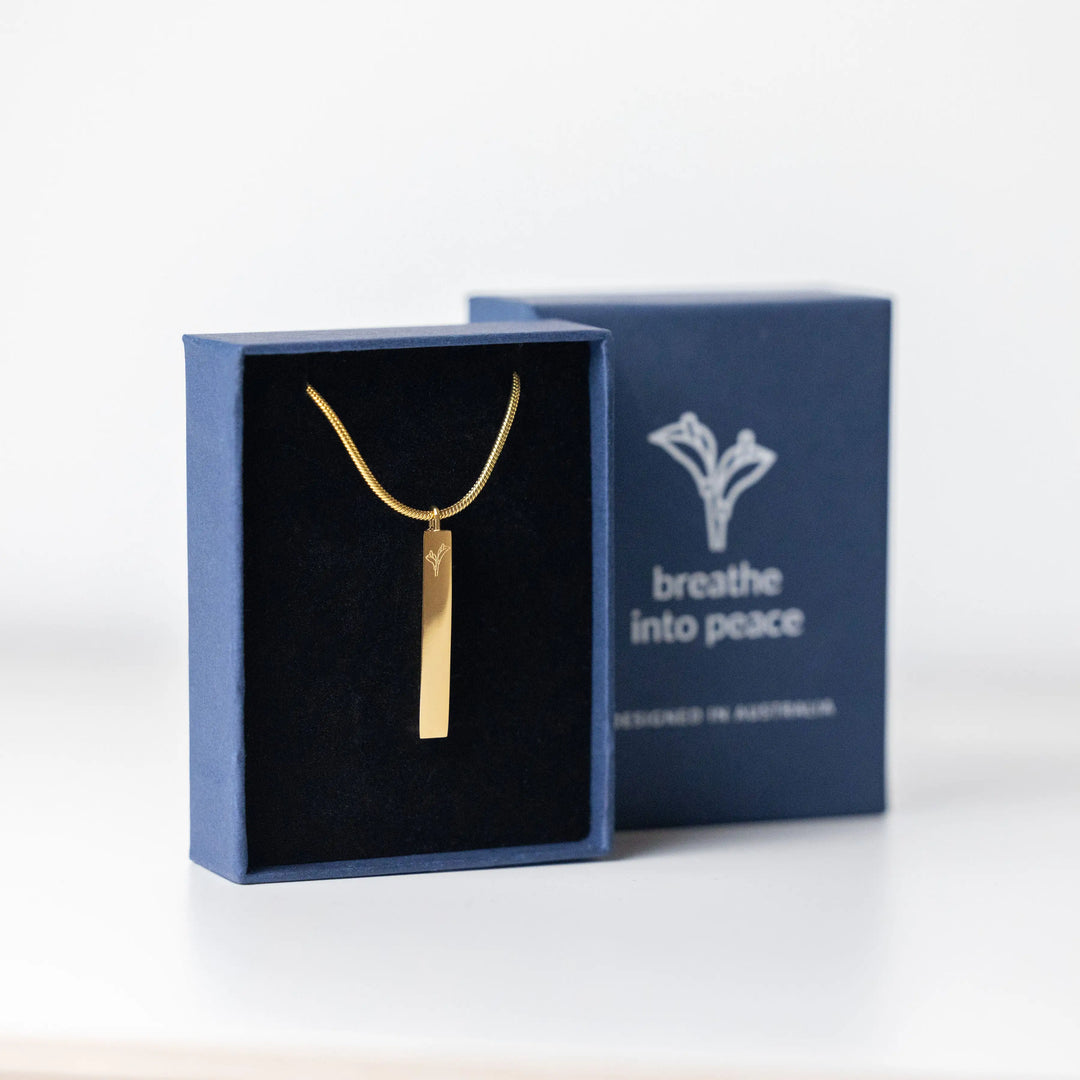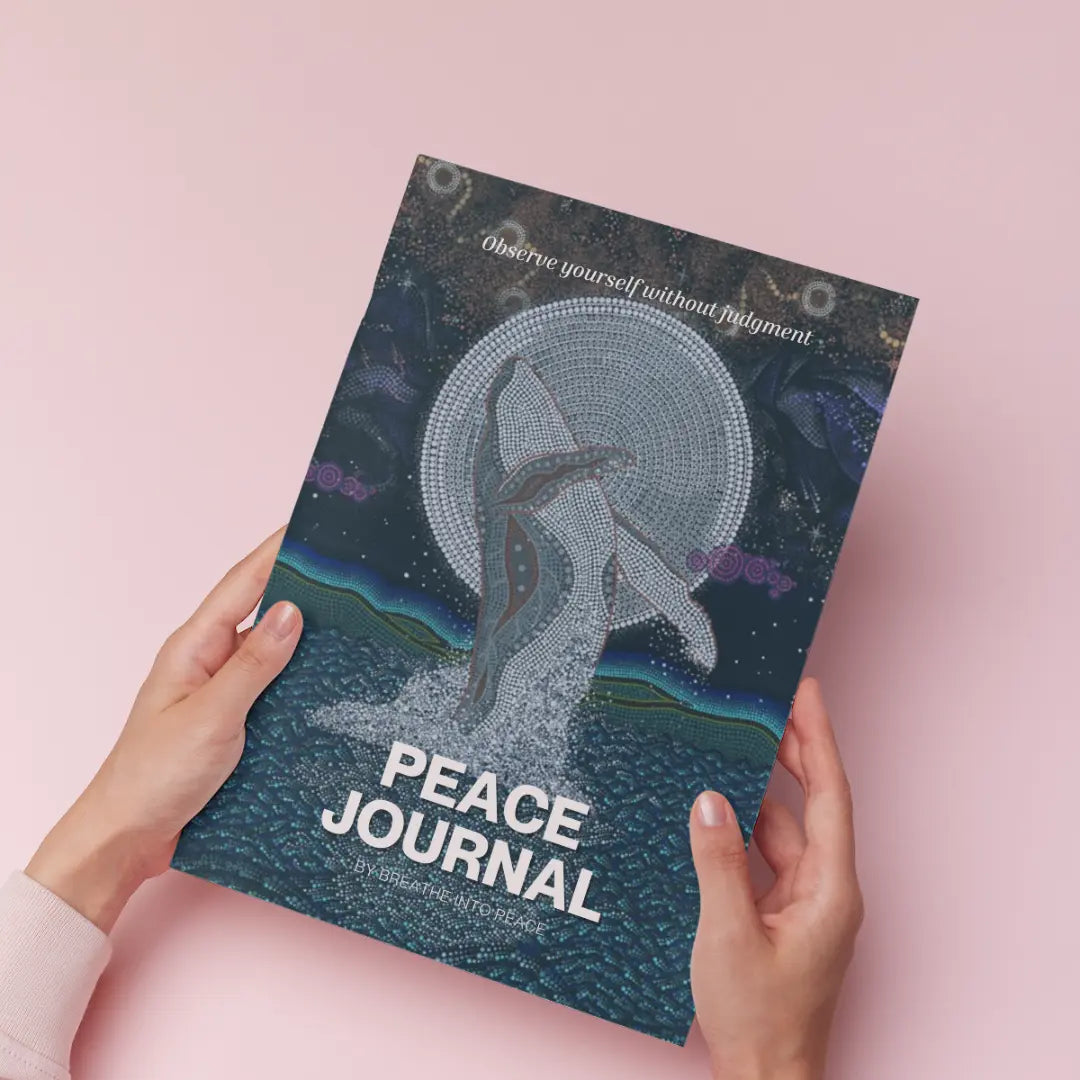How to Journal for Mental Health: Your Personal Guide to Anxiety Relief
Stress and anxiety often seem to be our constant companions in our modern lifestyle. Unfortunately, without stress and anxiety relief, you bring down your immunity, which triggers health issues. Thus, finding effective ways to manage our mental health is crucial.
While anti anxiety meds can provide significant stress relief, there's a complementary activity that has been gaining recognition for its mental health benefits: journaling. Let’s explore how journaling can be a powerful tool for anxiety relief, especially when used alongside anxiety medications.
The Therapeutic Power of Journaling
Journaling is a simple practice that involves putting your thoughts, emotions, and experiences onto paper. It can be a simple diary, a gratitude journal with prompts like the Breathe Into Peace Anxiety Journal, or even creative writing on a computer. Putting your thoughts down may seem simple, but it has profound natural anxiety relief benefits.
It can be an incredibly therapeutic experience because it’s a chance to introspect and reflect. You can process your thoughts and feelings while gaining better insight into your inner world. The benefits of journaling for anxiety relief include the following:
1. Stress Relief Through Self-Expression
Journaling provides a safe and private space for self-expression, making it a great complementary panic attack treatment. When you suffer from stress and anxiety, it’s normal to feel embarrassed to share your worries and fears with other people, even those who are close to you. Journaling works because you can unleash your thoughts and emotions without fearing being judged.
When you don’t bottle up your feelings, it becomes so much easier to confront and manage your anxiety. By writing things down, you can externalize your concerns, making them feel less overwhelming. This writing process helps to clarify your thoughts. Reading through your journals can also help you identify patterns and understand the triggers of your anxiety. All of these are crucial for effective anxiety relief and management.
2. Emotional Regulation and Anxiety Attacks
Anxiety attacks can be overwhelming, leaving you feeling powerless and anxious. Combining journaling with the best meds for anxiety can be particularly effective in managing anxiety attacks. When an attack occurs, reaching for your journal can help ground you in the present moment.
In the middle of a meltdown, thoughts tend to be chaotic and irrational. By staying intentional and taking the time to jot down what you’re going through, you can regain control over the situation. As you become grounded, it can alleviate the intensity of your attack. When you put down your thoughts, you also have a tangible record of your experiences for future reference and reflection.
3. Tracking Medication Progress
If you're taking medicine for anxiety, journaling helps you track your progress. Use your journal to record your medication regimen, including the dosage and any side effects you experience. When it’s in black and white, you can readily share it with your doctor. With factual information, your healthcare provider can ascertain that your panic attack treatment plan is optimized.
Furthermore, journaling allows you to monitor how the medication is affecting your anxiety levels. By keeping a record of your emotional state, it’s easy to identify whether there are improvements or setbacks. With your journal, you and your doctor can make more informed decisions and make adjustments (if necessary) to better address your needs.
Journaling Techniques for Anxiety Relief
Now that we understand the therapeutic power of journaling, let's explore various journaling techniques to help you get started:
1. Daily Gratitude Journal
One of the simplest and most effective techniques for anxiety relief is keeping a daily gratitude journal. Aim to write down three to five things you're thankful for each day. As you become more proficient, you can increase that number. Focusing on positive aspects of your life can shift your mindset. Staying optimistic reduces anxiety by promoting a sense of well-being.
2. Stream-of-Consciousness Writing
Set aside some time each day for stream-of-consciousness writing. If you’re wondering how to do this, it lets your thoughts flow. Keep writing without worrying about structure or even grammar for two minutes a day. This simple activity helps you process your anxieties in a non-judgmental way.
3. Anxiety Journal
Create a dedicated anxiety journal separate from your gratitude journal. You can use this to record your anxiety triggers, symptoms, and coping tools you used. This is beneficial because you gain an understanding of your anxiety patterns. When you know your triggers, you can avoid them, as well as create better strategies for managing them.
4. Visual Journaling
Journaling doesn’t have to be all words. You can put a creative twist to your journaling routine. Include drawings, pictures, and stickers. Try making collages that resonate with your emotions. Visual journaling is a powerful tool for self-expression, helping you explore the most intimate parts of your mind.
Tips for Effective Journaling
If you want to succeed in your journaling practice, below are valuable tips. They will empower you to harness the therapeutic potential of journaling so you can experience anxiety relief.
- Stay Consistent: Aim to journal regularly, even if it's just a few minutes each day. Consistency builds a strong journaling habit. Once it becomes a habit, it becomes automatic for you to write, so you can reap the benefits of journaling even more.
- Find Your Ideal Time: People have different chronotypes or body clocks. Some are early birds, some are night owls, and some can be blue jays. For the best anxiety relief while journaling, discover when you feel most comfortable and relaxed to write (example: in the morning, work breaks, or before sleep).
- Create a Safe Space: Find a quiet and cozy spot to write without distractions. Avoid high-traffic areas because you’ll get interrupted. It can be a living room alcove, a corner in your bedroom, a sunny porch, etc.
- Don't Overthink It: Remember that journaling is personal. It’s an unfiltered process where no one is judging you. Don't worry about grammar, spelling, or structure. Instead, free your mind and pour out your thoughts with abandon.
Conclusion
Journaling is a potent tool for anxiety relief that can complement the effectiveness of even the best anxiety medication. By incorporating journaling into your mental health routine, you can develop a better understanding of your anxiety and work towards a more balanced and peaceful state of mind. For the best outcomes, grab a Breathe Into Peace Journal, start writing, and take the first step towards a healthier, happier you.





Leave a comment